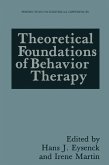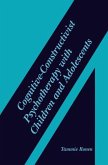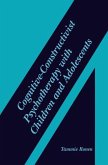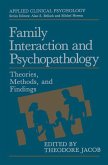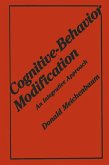In this book we have attempted to confront a number of issues that are intimately related to the theoretical basis of behavior therapy. We believe that behavior therapy is an extremely efficient procedure for the treatment of neurotic disorders; that it is based on certain principles derived from learning theory; and that it is unique in using basic scientific principles in psychology in the service of applied and practical ends. We believe that we are here dealing with much more than the advantageous use of serendipitous borrowings from nonexistent principles, the cookbook collection of precepts, methods, and working rules that happen to have lasting effects. We also believe that there is truly a general principle unde. rlying behavior therapy, rather than a varied mass of nonintegrated therapies that have little in common other than a name. These beliefs are often contes ted, but usually those who oppose them do so on the basis of misconceptions and misunderstandings that indicate a lack of knowledge of fundamental facts. It is the purpose of this book to remove these misconceptions and misunderstandings, and to bring up to date our knowledge in certain fundamental areas of learning theory, behavior therapy, and the biological foundations of per sonality and individual differences. There are three major groups of misconceptions and misunderstandings. The first of these relates to beliefs held by many psychiatrists and cognitive psychologists relating to behavior therapy.
Bitte wählen Sie Ihr Anliegen aus.
Rechnungen
Retourenschein anfordern
Bestellstatus
Storno


